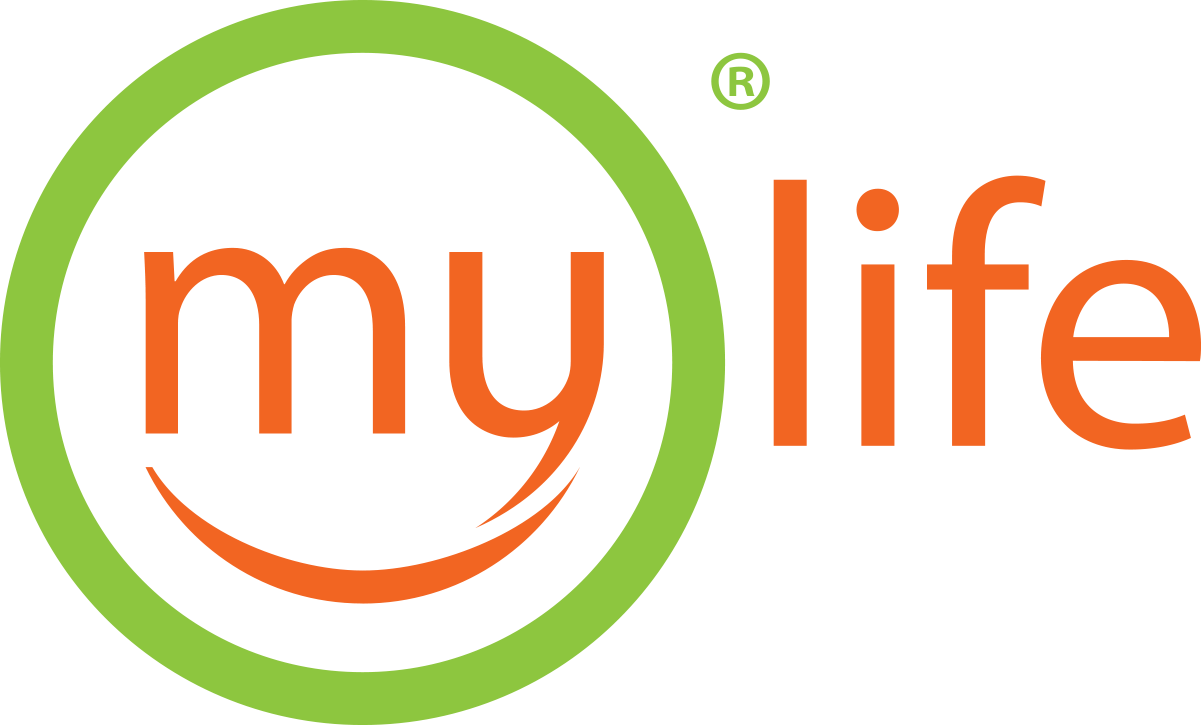Anyone who has ever been in charge of a menu knows how difficult it can be to decipher those dietary requirements. From factoring in individual allergies to knowing where to draw the line where it comes to personal preferences, it can be a real challenge to accommodate a varied crowd. At MyLife, we are proud to be able to help make your meal planning a little bit easier by being completely allergen-free as well as vegan and plant-based.
Read on for your guide to understanding our top 10 most common dietary requirements and restrictions:
Vegetarian: A diet that does not include meat or fish, and sometimes other animal products especially for moral, religious, or health reasons. They may still eat regular eggs and dairy.
Pescatarian: Similar to a vegetarian, however, their diet excludes all meat except fish.
Flexitarian: A diet that is primarily vegetarian, however, has the occasional inclusion of meat and/or fish.
Vegan: A diet consisting of all types of vegetables, fruits, legumes, grains, cereals, nuts, seeds and vegan suitable alternatives to meat, dairy and eggs. It does not contain any animal product or by-product such as meat, poultry, fish, seafood, eggs, dairy, animal rennet, animal gelatin, animal fat and honey. It also includes products that have been labeled ‘may contain traces of milk’ or any other animal product due to manufacturing. Vegans are very passionate about their diets for health, ethical and environmental reasons and more often than not extend this to their lifestyle choices, opting for vegan clothing, vegan cleaning products and in general products that do not harm animals in their production.
Plant-Based: Similar to vegan, a plant-based diet can also be based around a combination of health, ethical and environmental concerns. The main intention of a plant-based diet is to consume primarily plant products and less processed foods. In a plant-based diet, people may still eat animal products, although this isn’t usually the case. Unlike vegans, the plant-based community may stop their involvement at their diet and not extend the vegan lifestyle to other areas, such as ethical clothing, cleaning products etc.
Gluten-Free/Coeliac: A gluten-free diet excludes all ingredients or products which contain gluten. Ingredients including oats, flour, starch, semolina and wheat are excluded along with bakery and confectionary items containing gluten. It can contain meat, fish, seafood, poultry, eggs, dairy products, fruits, vegetables, legumes and other gluten-free pulses and cereals.
Dairy-Free/Lactose Intollerant: A dairy-free diet excludes all cow’s milk products – milk, yoghurt, butter, cream, cheese, ghee, kefir, ice cream etc. It will also exclude all dairy based baked items or any menu item made with cow’s milk. A dairy-free diet can include meat, poultry, eggs, fruits, vegetables, soy products, pasta, rice, potatoes, pulses and dairy free alternatives.
Nut-Free: A nut free diet more often than not will target specific varieties of nuts. Most common are peanut allergies, as well as tree nut allergies which include walnuts, almonds, hazelnuts, pecans, cashews and pistachios. When catering to a nut allergy guest, be sure to understand their specific requirements as well as paying close attention to any packaged ingredients you may use (this includes products that ‘may contain traces’ of nuts’. Nut allergies can trigger an anaphylactic response or attack which can be deadly. When in doubt, always clarify with your guest.
Religious Dietary Requirements: There are some 4,300 religions in our world, with 12 classified as ‘major’ religions. It is important to respect one’s religious dietary requirements as one would respect a guest with an allergy. Religions such as Judaism and Muslim require food to be prepared adhering to strict religious practices, and some religions exclude certain items. Pork and alcohol are common examples. When in doubt, always ask for clarification.
General Food Allergies and Intolerances: People can be allergic to just about anything. Make sure to always check with your guests for how you can best accommodate their allergies and intolerances, and ensure you are aware of the severity of their allergic response.

